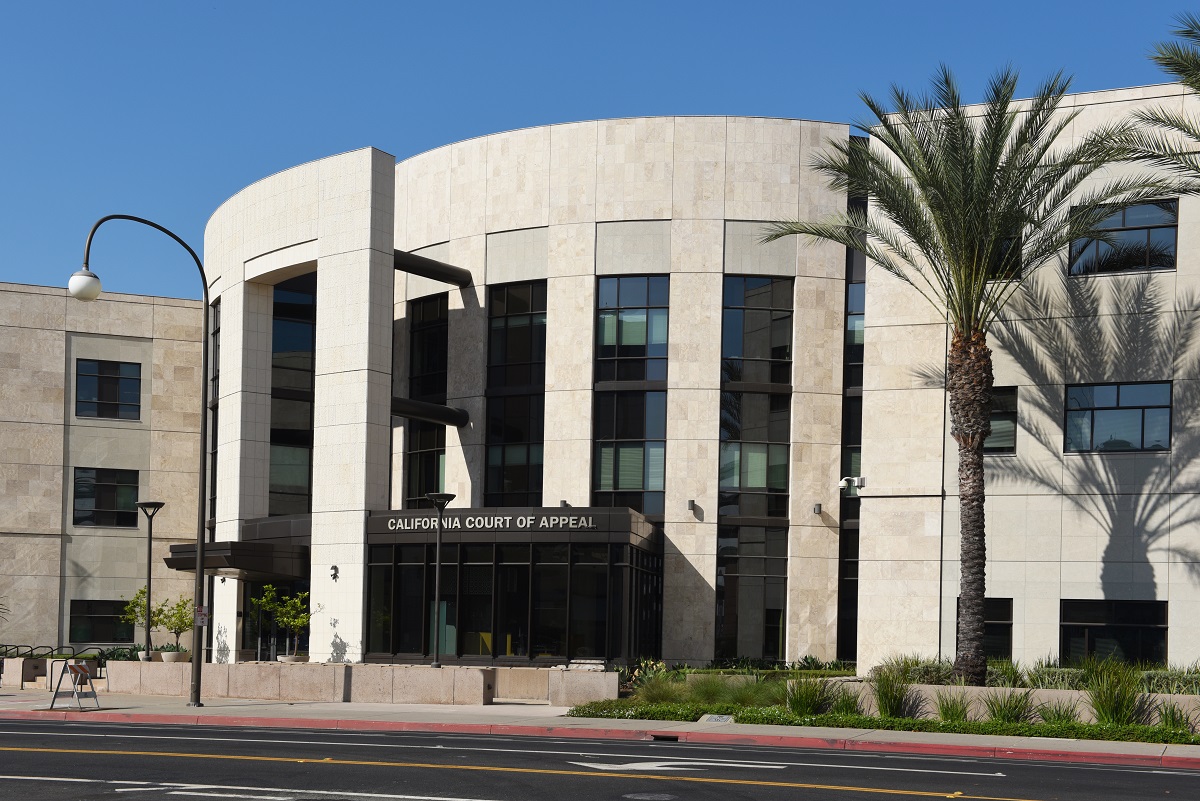The U.S. Court of Appeals for the Sixth Circuit recently upheld the dismissal of a financial institution's putative class action lawsuit against a cellular service provider arising from a "SIM swap" scam, holding that the financial institution had no claim for indemnification or contribution under the EFTA or state law.
Posts tagged as “Class Actions”
The U.S. Court of Appeals for the Eighth Circuit recently upheld the dismissal of a putative class action challenging an advertised discount as supposedly deceptive. In so ruling, the Eighth Circuit held that the named plaintiff's allegations failed to meet the "ascertainable loss" requirement under the Missouri Merchandising Practices Act.
The U.S. Court of Appeals for the Eleventh Circuit recently held that a trial court's denial of a motion for class certification was an abuse of discretion because the trial court’s analysis of Rule 23(b)(3)’s predominance requirement was based on its erroneous interpretation of the second option in section 1681n(a)(1)(A) of the federal Fair Credit Reporting Act as requiring a showing of actual damages.
The Appellate Court of Illinois, First District, recently affirmed the dismissal of a putative class action for lack of standing because the named plaintiffs suffered no injury in fact to a legally cognizable interest.
The U.S. Court of Appeals for the Seventh Circuit recently held that a putative class action removed to federal court under the Class Action Fairness Act lacked federal jurisdiction because it fell within CAFA’s "internal-affairs" and "home-state controversy" exceptions.
The U.S. Court of Appeals for the Second Circuit recently reversed a trial court's approval of a settlement in a class action case because the trial court presumed the fairness, adequacy, and reasonableness of the proposed settlement on the grounds the settlement was negotiated to at arm's-length failed to assess the fairness, adequacy, and reasonableness of the agreed to attorneys’ fees and incentive payment, and erred in determining the class relief did not constitute "coupons" under the federal Class Action Fairness Act (CAFA).
The Court of Appeal of California (Fourth District) recently reversed a trial court’s dismissal of a putative class action alleging a solar energy system provider violated the Rosenthal Act, California’s parallel version of the federal Fair Debt Collection Practices Act.
The U.S. Court of Appeals for the Seventh Circuit recently affirmed a trial court’s dismissal of a purported data leak class action alleging unauthorized disclosure of driver’s license numbers.
The U.S. Court of Appeals for the Ninth Circuit recently affirmed the dismissal of a consumer’s California consumer protection claims based on a consumer survey that purported to show that certain product labels were deceptive.
The U.S. Court of Appeals for the Ninth Circuit recently affirmed a trial court’s dismissal of a putative class action brought under the federal Telephone Consumer Protection Act. In so ruling, the Ninth Circuit held that the text messages at issue did not use “prerecorded voices” under the TCPA because they did not include audible components.
The U.S. Court of Appeals for the Ninth Circuit recently reversed a trial court’s $1.7 million attorney fee award to plaintiffs' counsel in a class action because the fee award was not proportional to the amount recovered by the class members.
The Illinois Supreme Court, after receiving a certified question from the U.S. Court of Appeals for the Seventh Circuit, recently held that a separate claim accrues under the Illinois Biometric Information Privacy Act each time a private entity improperly scans or transmits an individual’s biometric identifier or information.












